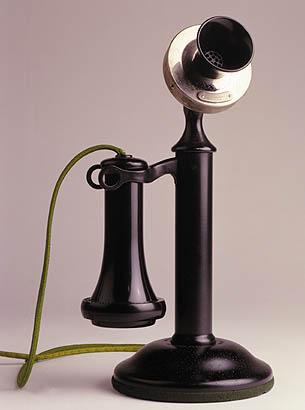Macfie, McCain, and McPrizes

In late 19th Century Britain, a British Member of Parliament, Robert Macfie, vigorously advocated awarding governmental cash prizes to inventors whose inventions proved useful, and pressed for such a reward system to replace patents. Patents are usually justified on the grounds that they promote technological innovation. The United States Constitution is rather explicit about this, granting Congress the right to set up a patent system "To promote the Progress of...[the] useful Arts". However, the monopoly right to exclude that a patent confers to its owner can also create a deadweight loss to society. Macfie's system of government-funded rewards was intended to sidestep the deadweight loss from patent monopolies by making new inventions free for anyone to exploit.
Earlier this week, John McCain revealed that he shares more with Macfie than just most of the letters in his name. McCain proposed a version of Macfie's invention reward system to improve automobile fuel efficiency:
I further propose we inspire the ingenuity and resolve of the American people by offering a $300 million prize for the development of a battery package that has the size, capacity, cost and power to leapfrog the commercially available plug-in hybrids or electric cars...That’s one dollar, one dollar, for every man, woman and child in the U.S. — a small price to pay for helping to break the back of our oil dependency.
Though McCain's formula for deriving the size of the prize may seem unsophisticated, he shares the philosophy underlying his proposal with Steven Shavell, a professor of law and economics at Harvard Law School. Shavell has suggested the advantages of a reward system over a patent system for more than a decade. As he and coauthor Tanguy Van Ypersele observe in their 2001 paper, "Rewards Versus Intellectual Property Rights" (Journal of Law and Economics, Volume XLIV: 525-547):
We conclude in our model that intellectual property rights do not possess a fundamental social advantage over reward systems and that an optional reward system—under which innovators choose between rewards and intellectual property rights—is superior to intellectual property rights.
Technological optimists tend to view technological innovation as the key to solving the world's problems, and the patent system has traditionally been viewed as playing a pivotal role in spurring and advancing innovation in the "useful Arts". However, other legal models of promoting innovation exist. In the spirit of Robert Macfie, not to mention Shavell and Van Ypersele, perhaps John McCain's proposal is worth a try.











0 Comments:
Post a Comment
<< Home